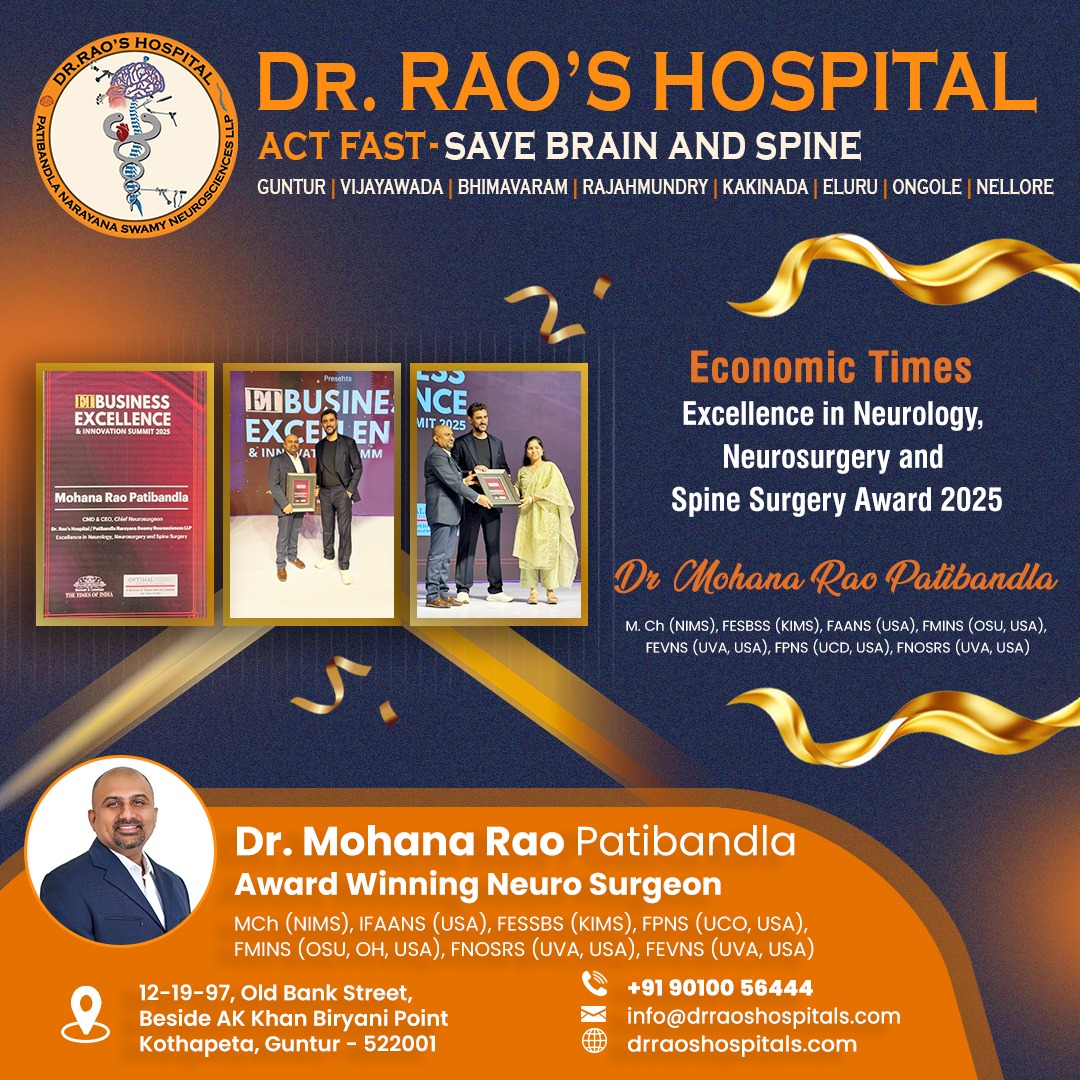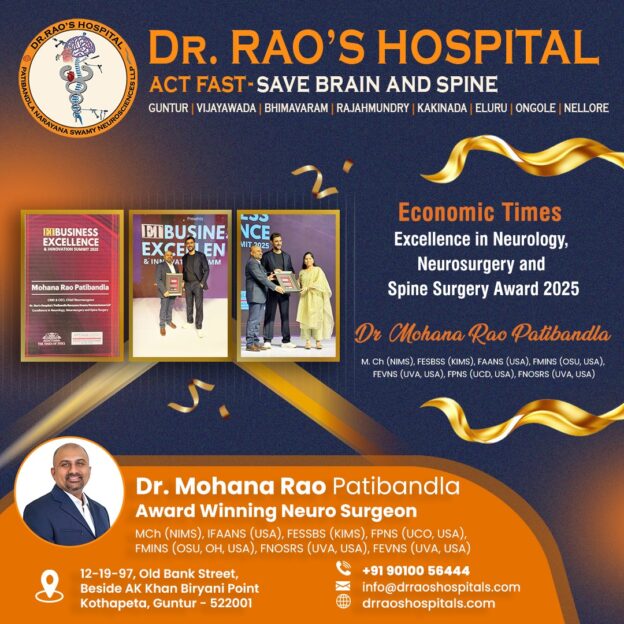Beat Depression Without Relying on Medication
Depression affects millions worldwide, often leaving people feeling emotionally drained and disconnected. While medications can be helpful, they’re not the only path to healing. Many individuals today are turning toward natural ways to overcome depression, focusing on long-term emotional and physical wellness. This approach promotes balance, mindfulness, and lifestyle transformation instead of dependency on drugs.
Understanding Depression Beyond Medication
Depression isn’t a sign of weakness—it’s a complex condition that can arise from genetic, biological, or environmental causes. The key to managing it effectively lies in treating the person as a whole rather than just alleviating symptoms.
Non-medication treatment for depression focuses on the root causes of imbalance—helping individuals restore harmony in mind and body. By embracing holistic approaches to depression, one can build resilience, nurture self-awareness, and develop healthier coping mechanisms.
At advanced healthcare centers such as Dr. Rao’s Hospitals, professionals combine neuroscience, behavioral therapy, and lifestyle guidance to create personalized, natural treatment plans that bring lasting emotional stability.
1. Embrace Natural Ways to Overcome Depression
Among the most effective natural ways to overcome depression is reconnecting with nature and movement. Spending time outdoors, practicing yoga, and meditating can significantly reduce anxiety and elevate mood. Sunlight exposure enhances vitamin D production, improving serotonin levels naturally.
These practices encourage emotional awareness and self-compassion—two vital elements in mental wellness. By consciously integrating them into daily routines, individuals can gradually heal and rediscover a sense of purpose.
2. How to Fight Depression Naturally Through Exercise
If you’re wondering how to fight depression naturally, start with physical activity. Exercise isn’t just about fitness—it’s a proven mood booster. Activities like brisk walking, swimming, or cycling stimulate endorphin production, improving mental clarity and reducing stress hormones.
Consistency matters more than intensity. Even light daily movement for 20–30 minutes can rewire your brain’s response to sadness, anxiety, and fatigue. Exercise also helps build discipline—a foundation for emotional stability.
3. Nutrition as a Non-Medication Treatment for Depression
A healthy mind thrives on proper nutrition. Studies have shown that deficiencies in omega-3s, B vitamins, and magnesium can worsen depressive symptoms. As part of a non-medication treatment for depression, include mood-boosting foods such as nuts, leafy greens, fatty fish, and whole grains.
Avoid processed foods, refined sugars, and excessive caffeine. Instead, focus on fresh, home-cooked meals that nourish both body and brain. These small dietary changes are powerful lifestyle changes for mental health that foster sustainable healing.
4. The Role of Sleep in Emotional Balance
Sleep and mood are deeply interconnected. Poor sleep patterns can aggravate stress and emotional instability. Prioritizing a healthy sleep schedule is one of the most accessible natural ways to overcome depression.
Establish a calming bedtime routine—dim lights, limit screen use, and maintain a consistent sleep time. Techniques like meditation and gentle stretching before bed can further improve sleep quality. Resting your mind and body is essential for recovery and clarity.
5. Mindfulness and Meditation for Inner Peace
Mindfulness and meditation are core self-help strategies for depression that help you stay grounded in the present. When practiced daily, they reduce overthinking and promote emotional awareness. By focusing on breathing and self-reflection, individuals can train their minds to detach from negative thought loops.
Over time, mindfulness transforms reactivity into calm acceptance, strengthening emotional endurance. It’s a gentle yet powerful holistic approach to depression that requires no equipment—just patience and consistency.
6. Strengthening Social Bonds and Support Systems
Human connection is a powerful antidepressant. Isolation deepens emotional pain, whereas meaningful interactions promote healing. Talking openly with loved ones, joining community activities, or participating in therapy groups can make a world of difference.
For some, volunteering brings purpose and satisfaction. These social engagements count as valuable lifestyle changes for mental health, helping individuals rediscover belonging and optimism.
7. Exploring Holistic Approaches to Depression
Modern mental health care integrates various holistic approaches to depression, from psychotherapy and art therapy to yoga and neurotherapy. These treatments align body and mind without medication dependence.
At Dr. Rao’s Hospitals, specialists use evidence-based holistic methods that combine emotional therapy and lifestyle training for lasting improvement. The hospital’s commitment to mental and neurological care has made it one of the best spine fusion hospitals in India, reflecting its excellence in multidisciplinary healthcare.
8. Adopting Lifestyle Changes for Mental Health
Small lifestyle improvements can significantly reduce depressive symptoms. Establish a routine that includes exercise, balanced meals, rest, and recreation. Journaling, creative hobbies, and spending time in nature are excellent lifestyle changes for mental health.
Limiting alcohol, nicotine, and social media exposure also helps maintain emotional balance. Remember, recovery is a gradual process—each positive habit strengthens your mental well-being.
9. Building Self-Help Strategies for Depression
Implementing self-help strategies for depression empowers you to take control of your healing journey. Simple actions like maintaining gratitude journals, practicing daily affirmations, or setting small achievable goals can uplift your mindset.
Acknowledge your progress instead of perfection. Surround yourself with positivity—uplifting books, music, and people who inspire growth. Over time, these consistent efforts create emotional resilience and inner peace.
10. Professional Support and Integrative Care
While self-practices are powerful, professional support is equally vital. Therapists and psychiatrists can help identify underlying triggers and create a structured recovery plan. At Dr. Rao’s Hospitals, a team of mental health and neurological experts work together to provide non-medication treatments for depression tailored to each individual.
The hospital also plays a significant role in medical tourism, offering world-class healthcare at affordable costs for international patients. For those seeking exceptional care locally, Dr. Rao is recognized as the best spine surgeon in Andhra Pradesh, and one of the top-rated specialists in the country. His expertise extends across neurosurgery and mental health rehabilitation, making Dr. Rao’s Hospitals a hub for both physical and emotional healing.
Patients in coastal regions can consult the best spine surgeon in Visakhapatnam for comprehensive neurological and spine care, as well as holistic wellness programs that complement mental health recovery.
Conclusion
Overcoming depression without medication is not only possible but sustainable when approached holistically. Through natural ways to overcome depression, balanced nutrition, mindfulness, and consistent lifestyle changes for mental health, individuals can reclaim joy and purpose.
At Dr. Rao’s Hospitals, patients receive compassionate, research-based care that blends traditional healing with modern neuroscience. Whether through emotional therapy or integrative medical care, the hospital stands as a trusted partner in your journey toward mental and physical wellness—naturally and effectively.
FREQUENTLY ASKED QUESTIONS
1. What are the most effective natural ways to overcome depression?
Regular exercise, mindfulness, sunlight exposure, and social engagement are some of the best natural ways to overcome depression.
2. How can I fight depression naturally without medication?
You can fight depression naturally by practicing meditation, improving diet, and maintaining consistent sleep and activity routines.
3. What are non-medication treatments for depression?
Therapies such as CBT, yoga, and lifestyle modification are proven non-medication treatments for depression.
4. How do holistic approaches help manage depression?
Holistic approaches to depression focus on the mind-body connection through therapy, nutrition, meditation, and emotional awareness.
5. Can lifestyle changes improve mental health?
Yes, small lifestyle changes for mental health, such as sleep hygiene and physical activity, can significantly improve emotional balance.
6. What are practical self-help strategies for depression?
Writing gratitude journals, meditation, and seeking support are excellent self-help strategies for depression that enhance positivity.
7. Is it possible to overcome depression naturally?
Yes, with consistent effort and proper guidance, you can adopt natural ways to overcome depression successfully.
8. How long do natural treatments for depression take?
Progress depends on individual effort and consistency, but visible improvements often appear within a few weeks of practice.
9. Do I need professional help even if I choose non-medication methods?
Professional guidance complements non-medication treatments for depression, ensuring a structured and safe healing process.
10. Where can I get holistic and non-drug-based treatment for depression in India?
You can consult mental health experts at Dr. Rao’s Hospitals for comprehensive holistic approaches to depression and natural recovery programs.


